
Technicians check AI robots at a manufacturer in Zhangye, Gansu province. (WANG JIANG/FOR CHINA DAILY)
Jan-Feb industrial output 2.4 percent higher after 1.3 percent December rise
The recovery of China's sprawling industrial economy is expected to pick up pace this year, as more policies are in the pipeline to buoy manufacturing, and encouraging signs indicate enterprises' stronger willingness to invest, experts said.
China's industrial output — a gauge of activity in the manufacturing, mining and utilities sectors — grew by 2.4 percent in the January-February period from a year earlier after a 1.3 percent rise in December, figures released by the National Bureau of Statistics showed on Wednesday.
Fu Linghui, an NBS spokesman, said the latest data show that production and demand are both picking up.
"Manufacturing is an important foundation for China's economic development ... and enterprises' expectations are improving," Fu said, adding that this year, the economy is expected to improve as a whole and market demand will expand, which will drive enterprises to increase their enthusiasm for production.
"Meanwhile, more policy support for the manufacturing sector will come this year," he said.
Jin Zhuanglong, minister of industry and information technology, China's top industry regulator, said on Tuesday that his ministry will step up its push to speed up the transformation of traditional industries — which play a vital role in building a modern industrial system — and move the manufacturing sector toward higher-end, smarter and greener production.
Zhou Maohua, an analyst at China Everbright Bank, said the growth rate of industrial output is expected to pick up as interference from the COVID-19 pandemic weakens and the combination of policies to support domestic demand continues driving consumption and thus the recovery of the industrial economy.
"In the first two months, China's manufacturing purchasing managers' index returned to expansionary territory, and new medium and long-term loans of enterprises maintained strong growth. These all indicate enterprises' stronger willingness to replenish inventories and expand investment," Zhou said.
Ye Yindan, a researcher at the BOC Research Institute, said industrial production accelerated but came slightly below expectations as it takes time to fully recover downstream demand. However, for the whole year of 2023, industrial production has a good foundation for a rebound.
"Expanding domestic consumption is a priority for this year and more effective policies will be rolled out to spur such activity, which will help drive the recovery of industrial production. That is quite important against the background of falling external demand and a gloomy global outlook," Ye said.
Meanwhile, consolidating the industrial foundation and promoting industrial upgrade are both focuses for current and future policies, as well as key to stabilizing China's economic growth and improving international competitiveness. Policy support for manufacturing will grow, Ye said.
Specifically, more efforts could be made to encourage financial institutions to continue increasing financing support for manufacturing enterprises, and give full play to the role of the multilevel capital market, guiding both State and private capital to flow into the manufacturing sector. Meanwhile, more support is needed for high-quality private enterprises and small and medium-sized enterprises in manufacturing, Ye added.
Zhao Ming, CEO of smartphone maker Honor, said confidence in the market is gradually being restored, and is at a crucial moment for a recovery. The company is working to help its partners win more consumer support with the most competitive products and pricing strategies.









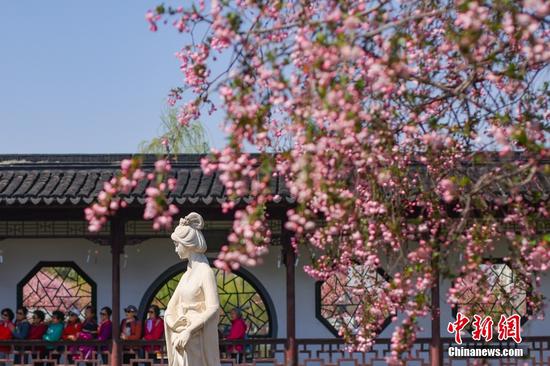

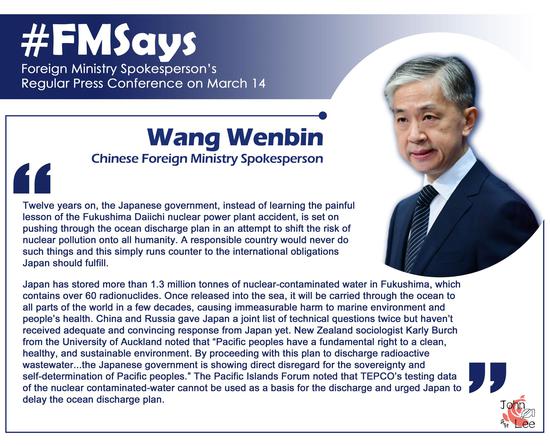
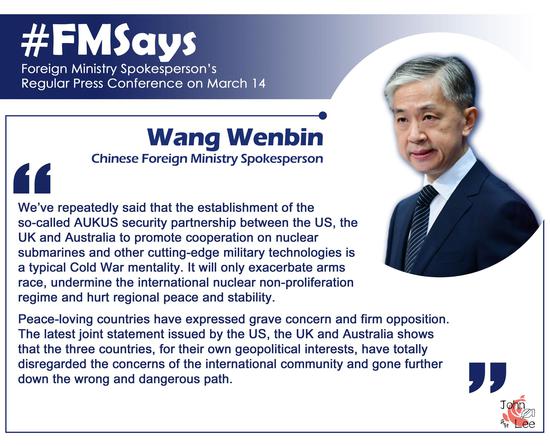
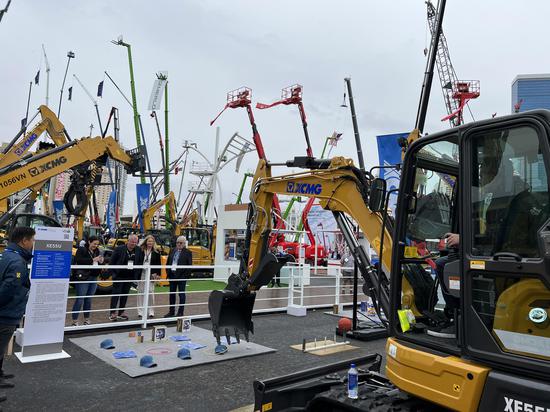
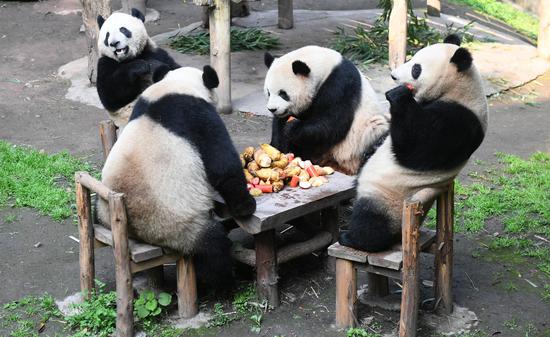


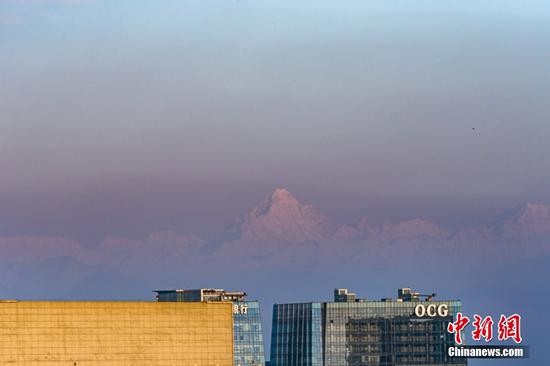
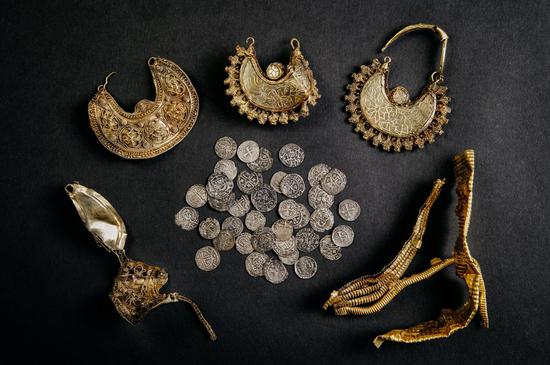
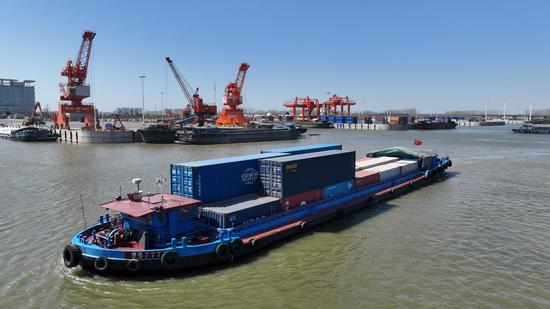

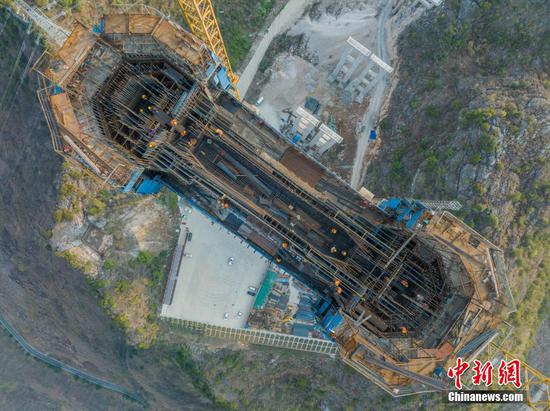
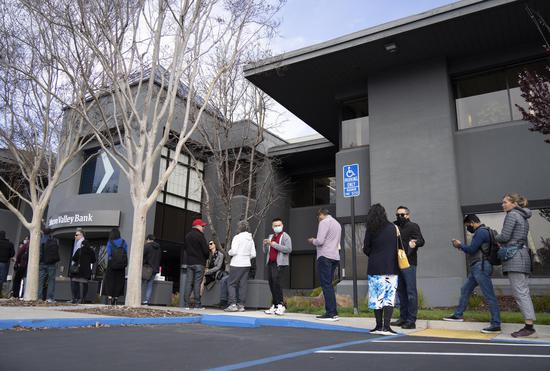

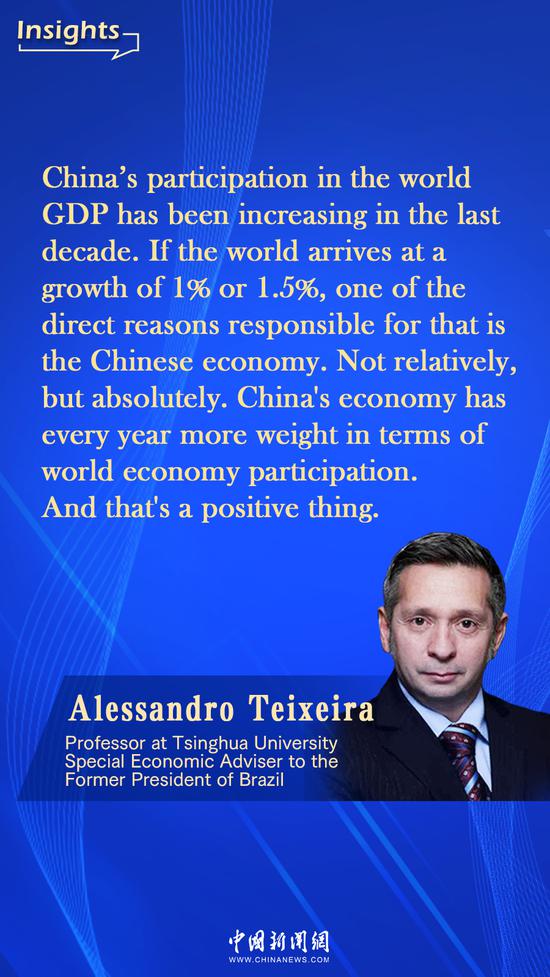




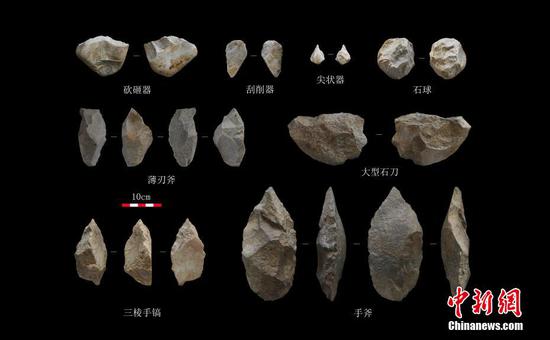
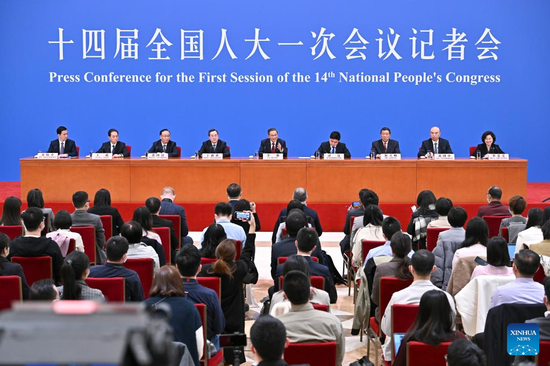

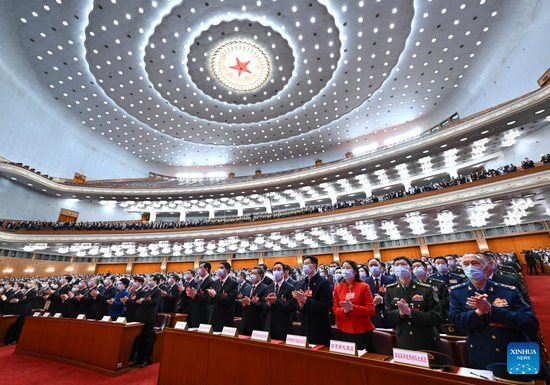
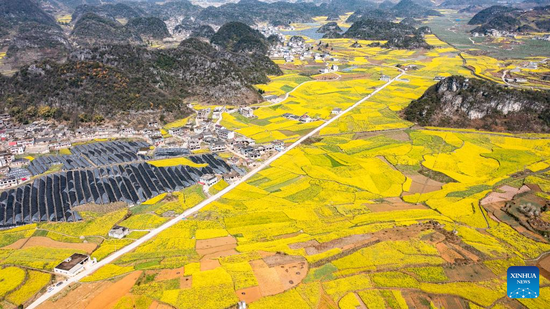
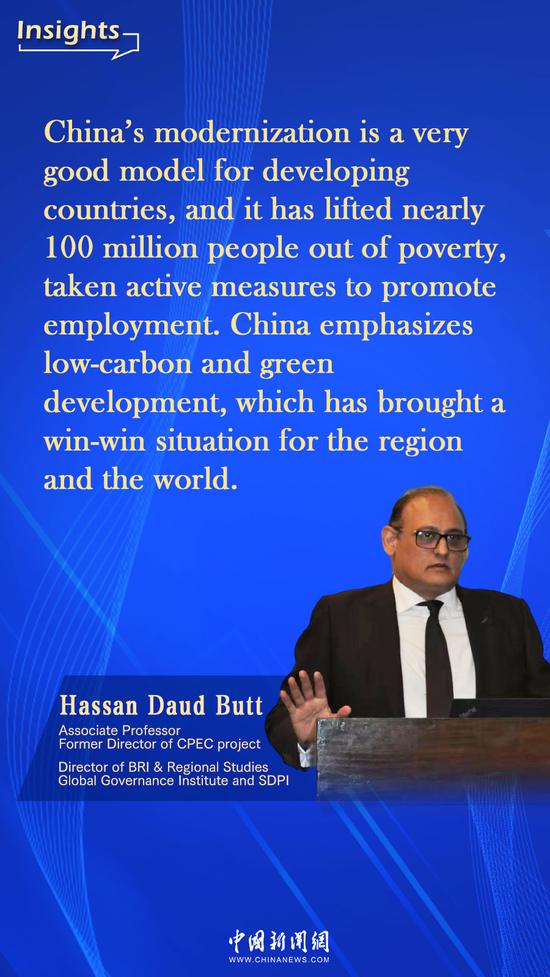
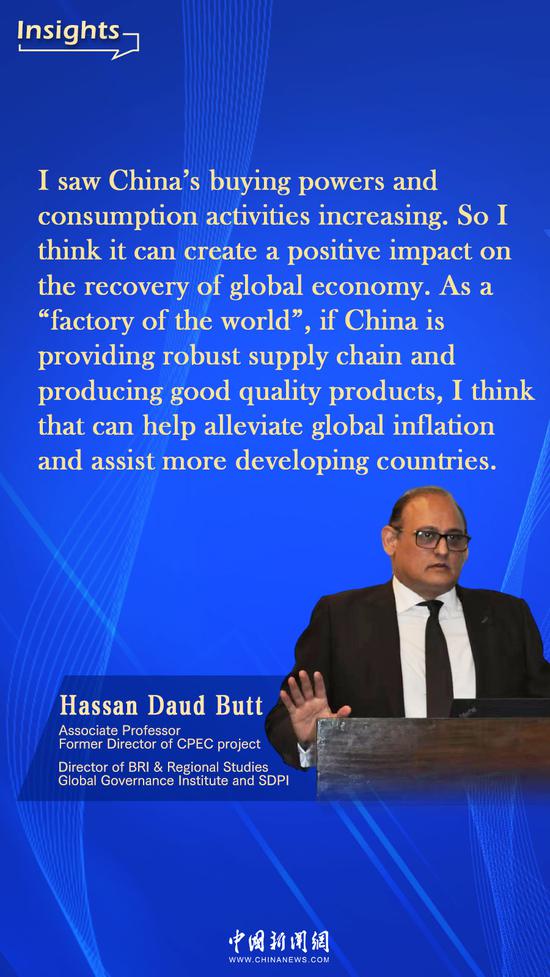






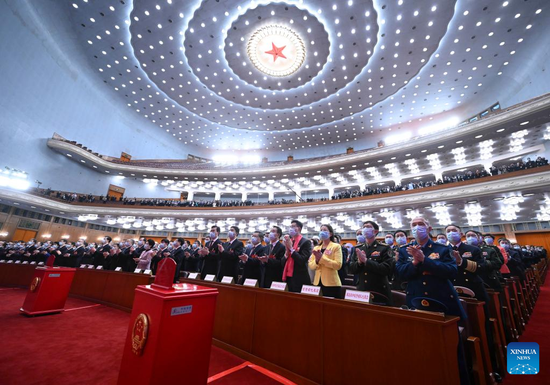
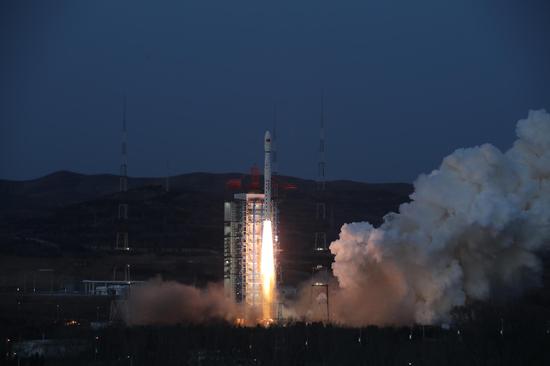
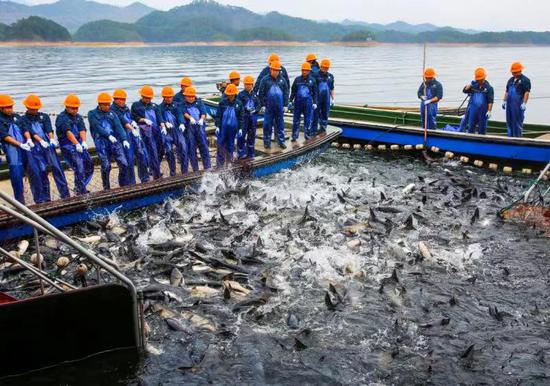





 京公网安备 11010202009201号
京公网安备 11010202009201号